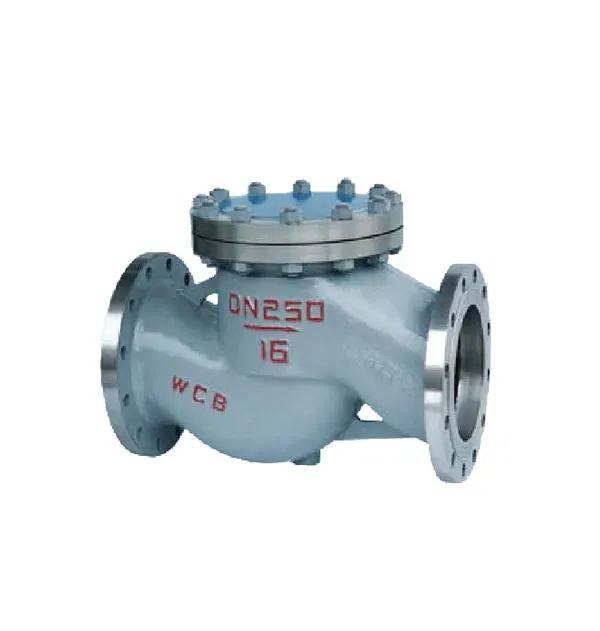Suppliers of High-Quality Brass Needle Valves for Various Industrial Applications
Understanding Brass Needle Valves and Their Suppliers
Brass needle valves are essential components in various fluid control applications. Known for their precision, durability, and excellent corrosion resistance, these valves are often used in industries such as oil and gas, pharmaceuticals, and water treatment. The unique design of the needle valve allows for fine control of fluid flow, making it an ideal choice for systems that require precise measurement and regulation.
What are Brass Needle Valves?
A brass needle valve is a type of linear valve composed primarily of brass, an alloy of copper and zinc. The construction of these valves includes a narrow, tapered needle-like plunger that moves within a seat, allowing for meticulous adjustments to fluid flow. This design enables users to achieve regulation down to very low flow rates, making it a preferred choice in applications where accuracy is paramount.
The main benefits of using brass needle valves include 1. Corrosion Resistance Brass is less susceptible to rust and corrosion compared to other materials, ensuring longevity even in challenging environments. 2. Precision Control The needle design allows for precise adjustments, which is critical in applications requiring careful monitoring of fluid flow rates. 3. Versatility These valves can be used in various media, including gases, liquids, and even in vacuum applications, offering flexibility across many industries.
Importance of Suppliers
Finding the right supplier for brass needle valves is critical for ensuring quality and reliability in your fluid control systems. A reputable supplier will provide not only high-quality products but also invaluable expertise regarding installation, maintenance, and troubleshooting.
brass needle valves suppliers

When looking for brass needle valve suppliers, consider the following factors
1. Quality Certifications Ensure that the supplier adheres to international standards, such as ISO certifications. This guarantees that the products meet the required specifications and quality control measures. 2. Product Range A wide range of available sizes, specifications, and designs indicates a supplier's capability to meet diverse customer needs. Look for suppliers who offer different types of needle valves to suit various applications.
3. Customer Support Good suppliers should provide robust customer service, including technical support, advice on product usage, and efficient handling of inquiries or issues that arise post-purchase.
4. Reputation and Reviews Researching the supplier's reputation in the market can provide insights regarding their reliability and the quality of their products. Customer reviews and case studies can highlight the experiences of others who have worked with the supplier.
5. Pricing and Availability Competitive pricing is essential, but it shouldn't come at the cost of quality. Additionally, suppliers who maintain a strong inventory will be able to fulfill orders promptly, ensuring your projects are not delayed.
Conclusion
Brass needle valves play a vital role in countless applications requiring precision fluid control. As industries continue to evolve, the demand for high-quality brass needle valves remains steady. Therefore, choosing the right supplier is essential for ensuring operational efficiency and reliability in your fluid systems. By considering factors such as quality certifications, product range, and customer support, you can find a supplier that meets your needs and supports your projects effectively. Whether you are in the manufacturing sector, research facility, or any other industry needing fluid control solutions, establishing a relationship with a trusted brass needle valve supplier will pave the way for success.
-
The Key to Fluid Control: Exploring the Advantages of Ball Valves in Industrial SystemsNewsJul.09,2025
-
The Versatile World of 1, 2, and 3 Piece Ball ValvesNewsJul.09,2025
-
Stainless Steel Ball Valves: The Ideal Choice for Efficient Flow ControlNewsJul.09,2025
-
Optimizing Fluid Control with Ball Float ValvesNewsJul.09,2025
-
Manual Gate Valves: Essential for Control and EfficiencyNewsJul.09,2025
-
Everything You Need to Know About Butterfly ValvesNewsJul.09,2025
-
The Versatility of Wafer Type Butterfly ValvesNewsJul.08,2025




